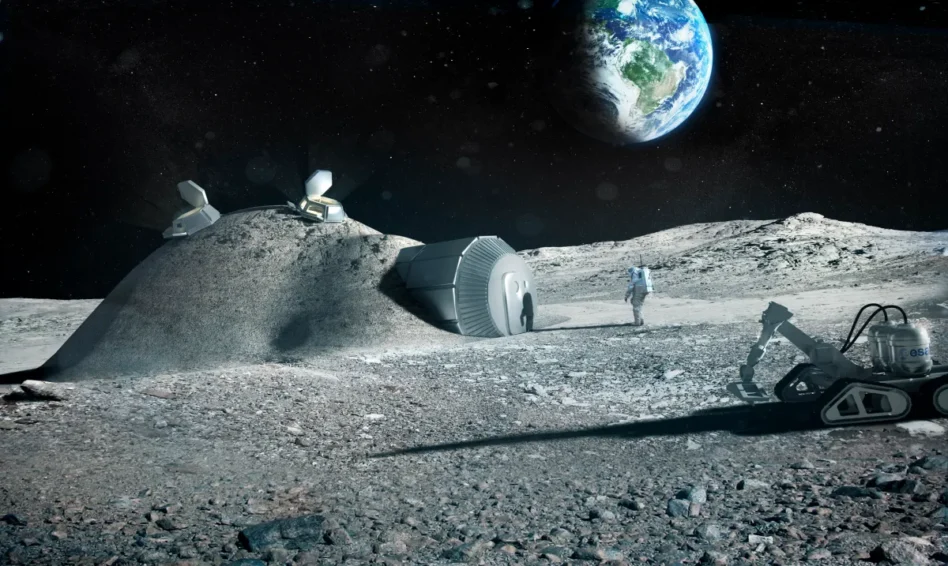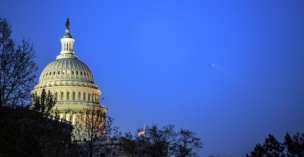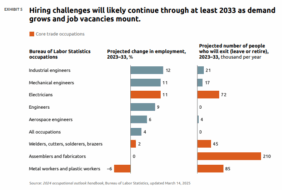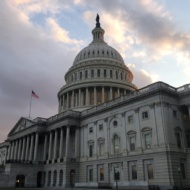What’s a space pirate’s favorite planet? mARRRs.
While the subject lends itself to lots of puns (and potentially some eye rolls), piracy in space is no joking matter and will likely pose a threat to missions in space in the near future, according to the founders of the Center for the Study of Space Crime, Piracy, and Governance who are gearing up for their first annual Space Piracy Conference at the US Naval Academy in February.
Pirates in space? Hugh Taylor and Marc Feldman founded the center in 2024 to take a look at the rising threat posed by piracy in orbit. While this might not be an immediate problem, the organizers argue that it’s time to start talking about it now since adapting to threats in the space domain takes time.
“Where commerce goes and wealth is created, crime and piracy follow,” said Taylor, the think tank’s director. “Even if this problem is 20 to 100 years off, this is a good time to start thinking through what the threats are and how to remediate them.”
Some potential examples of space piracy include hostage-taking of the wealthy passengers staying aboard space hotels or intercepting valuable materials created or mined in space.
The bottom line: Taylor and Feldman said they often hear naysayers claim that space is too expensive to be exploited by pirates—so they’ve published a blog post laying out why that’s not the case.
- The decreasing costs of getting to orbit make a dedicated space mission for criminal purposes within the financial reach of some criminal organizations, including drug cartels that bring in billions in revenue each year.
- Criminals have a long history of using infrastructure paid for by others to commit crimes, such as the 9/11 terrorists who were able to attack the World Trade Center without buying or building airplanes.
- Malicious organizations could also infiltrate space companies through their people, recruiting space industry employees and bribing and threatening them to carry out criminal acts.
The conference: The event in February seeks to bring together a diverse group of speakers that wouldn’t typically attend a space-focused conference. The two-day event, which will have three tracks focusing on finance, law, and government, will include remarks from insurance professionals, financial crime consultants, reformed money launderers, and academics.
Related reading: The center released its first paper last month, which delves into how to protect space assets from the threats posed by non-state actors and criminal organizations.




